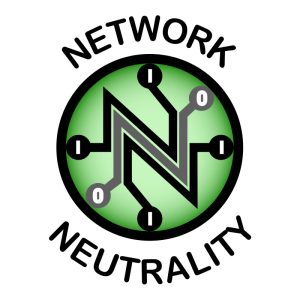Net Neutrality Overview
February 27, 2015/
So, you probably read about it already but in case you haven’t heard, the Net Neutrality proposal passed yesterday with a vote of 3-2. There’s a lot of misinformation, bias and rejoicing going on over this issue. The FCC was rather tight-lipped about the specific details of the proposal prior to voting, but now that it has been passed, you can find it online fairly easily.
These regulations will effect both fixed and mobile broadband and will apply, for the first time, to wireless carriers as well as more traditional Internet companies. The rules are easily the most firm and strict rules yet enforced, and depending on where you stand, that might be a good or bad thing.
So, for those of you who don’t feel like sorting through five pages of legal documents, here’s a brief overview of what these changes (should they stand) will mean:
- No blocking – broadband providers cannot block access to legal content, applications, services, or non-harmful devices.
- No throttling – broadband providers cannot impair or degrade lawful Internet traffic on the basis of content, applications, services or non-harmful devices.
- No paid prioritization – broadband providers cannot create ‘fast lanes’ that favor some internet traffic over others, and may not prioritize content to partners, granting faster speeds to some sites.
- No disadvantages – ISPs cannot “unreasonably interfere” with with consumers abilities to access sites, services, applications, etc
- FCC can address complaints – the FCC can monitor and address complaints and practices on a ‘case-by-case’ basis, and basically will oversee practices and policies.
- Must disclose network info – broadband providers must disclose in a consistent format: promotional rates, fees, surcharges, data caps, network management practices and expected network performance
- Only legitimate network management is allowed – providers cannot advertise ‘unlimited’ data and then throttle for purposes other than legitimate network management. Saying it’s too just expensive before cutting off customers will no longer be allowed. Legitimate network management, however, is allowed. Smaller internet companies are exempt from this for competition reasons.
- Limited Title II Provisions – only a few provisions from Title II are actually going to be enforced. The following will NOT apply to broadband:
- Broadband providers will NOT be subject to utility-style regulation including: rate regulation, tariffs, last-mile unbundling, burdensome administrative filing requirements or accounting standards
- Broadband providers do NOT have to contribute to the Universal Service Fund
- Broadband service will NOT be subject to state and local taxation, as per the Internet Tax Freedom Act.
Posted in News

